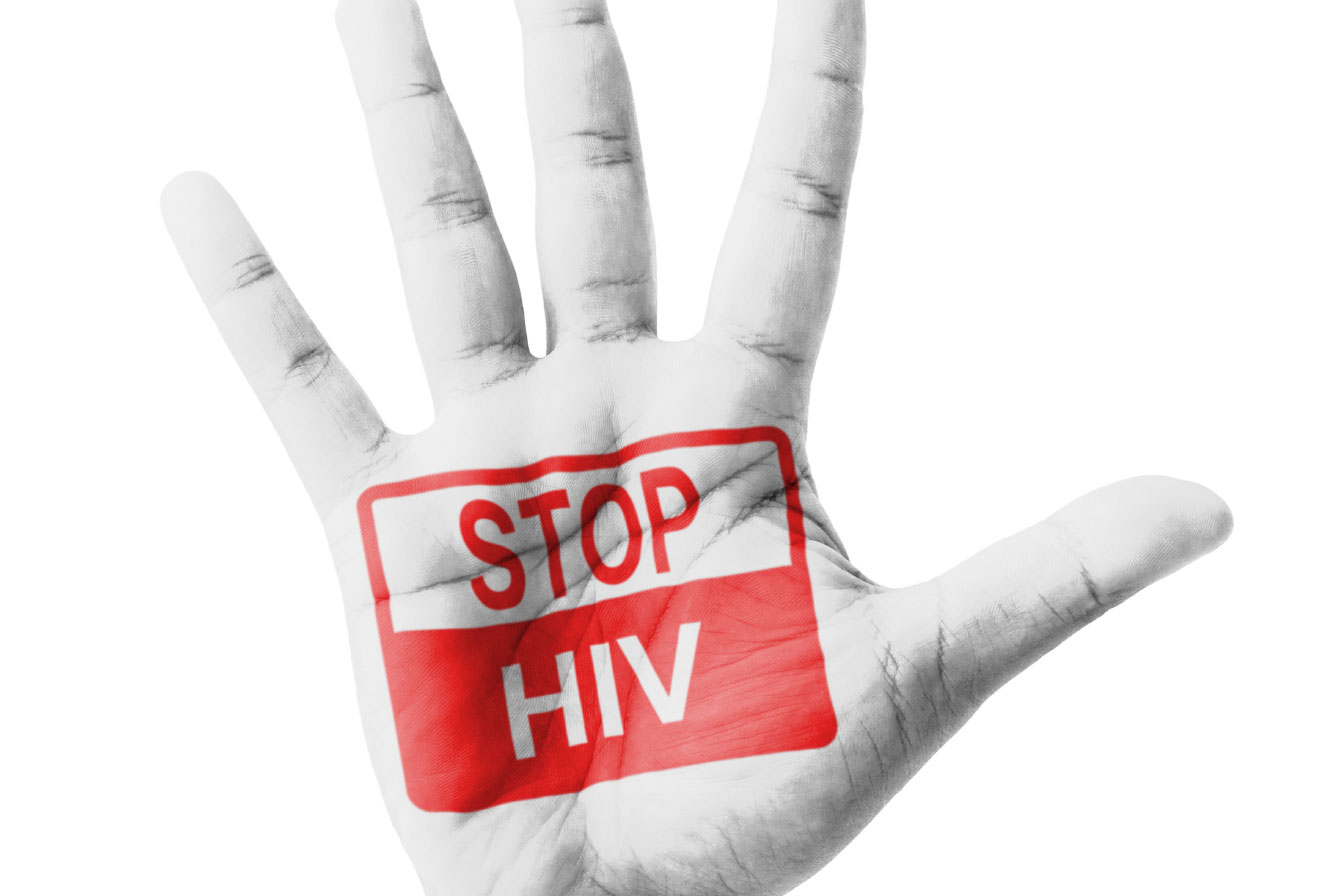The Human Immunodeficiency Virus (HIV) and its advanced form, the Acquired Immune Deficiency Syndrome (AIDS), are one of the biggest killers in the world today. Global statistics by UNAIDS tag the number of people living with HIV/AIDS at 36.7 million, a large majority of whom reside in Africa.
In Singapore, over 7,000 cases of HIV cases have been reported in Singapore citizens. About 450 new cases of HIV infections in Singaporeans are reported every year.
First, a primer on HIV infection and how the virus survives
When HIV enters the body, it targets immune cells (specifically T-cells). Once they enter the immune cell, the virus is able to replicate itself very quickly and destroy the cell in the process. Over time, if left untreated, the HIV replication occurs much faster than the body is able produce new T-cells.
As such, body immunity decreases. When that happens, the disease progresses into AIDS, leaving the infected person open to opportunistic infections.
A possible cure soon?
As of today, there is no real cure for HIV. However, British researchers from Oxford, Cambridge, Imperial College London, University College London and King's College London have managed to bring us one step closer to developing an an actual cure which eliminates the virus from an infected person's body. This new method has 2 stages - the use of a vaccine which helps the body to identify and clear out HIV infected cells, and the use of a drug, Vorinostat, which spots dormant HIV infected immune cells.
The first participant, a 44-year old British social worker, who took part in the treatment trial was found to have no detectable HIV virus in his blood. If levels of the HIV remain undetectable from now on, it could most possibly mean that the treatment has completely removed the virus. The study will have to continue for another five years before any solid conclusions can be made about this treatment.
To date, there is only one person in the world who has been cured of HIV. Known as the "Berlin Patient", Timothy Ray Brown was accidentally cured of the virus after undergoing a bone marrow transplant after developing leukaemia. Apparently, the donor of the bone marrow had a genetic mutation which prevents HIV from entering the immune cells. However, researchers are still trying to understand how this information can be used to treat the wider population of HIV sufferers.
Why this is significant
Current recommended treatment for HIV does not eradicate the virus from an infected person's body. Called Anti-Retroviral Therapy (ART), it prevents the HIV virus from invading immune cells. This prevents the virus from replicating, therefore keeping the viral level very low - so low that current equipment cannot detect it (what they call 'undetectable level') - but still residing in the body.
Think of HIV as a pesky menace who takes up residence in your house, refuses to leave, and enjoys inviting more of his friends to party over at your place. Taking ART is like locking your doors to your empty rooms so that he and his friends cannot access them.
ART does not work on immune cells which are already infected with the virus. Continuing the house analogy, the rooms that the menace and gang have already occupied cannot be taken back by you because you don't have the keys.
This new treatment is a whole new ball game in that it it can work on immune cells which are already infected - which is like getting the keys to the occupied rooms, searching every single room in your house, and forcibly ejecting the unwanted guests out of your home.
If this treatment is found to be successful, it could mean that the eradication of HIV as a global killer might happen sometime in our lifetime.
Related Articles:
These 3 stories from S’porean HIV sufferers will remind you what it means to be human
Top photo from Finally Good News.
If you like what you read, follow us on Facebook and Twitter to get the latest updates.
If you like what you read, follow us on Facebook, Instagram, Twitter and Telegram to get the latest updates.
